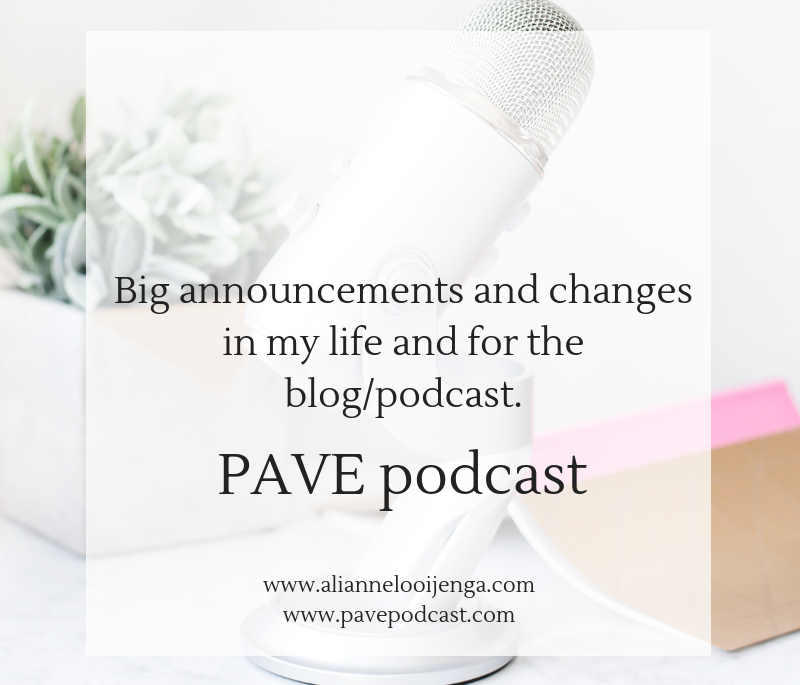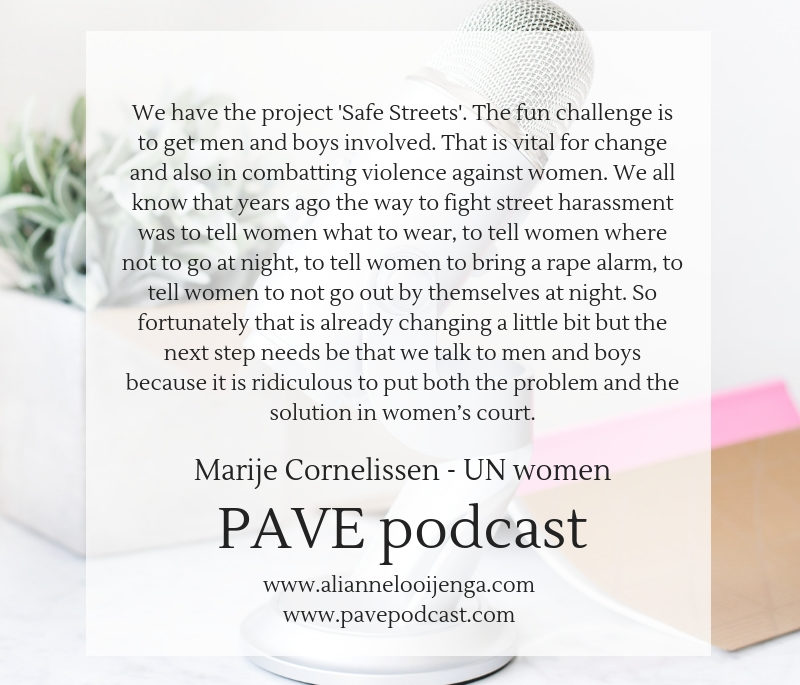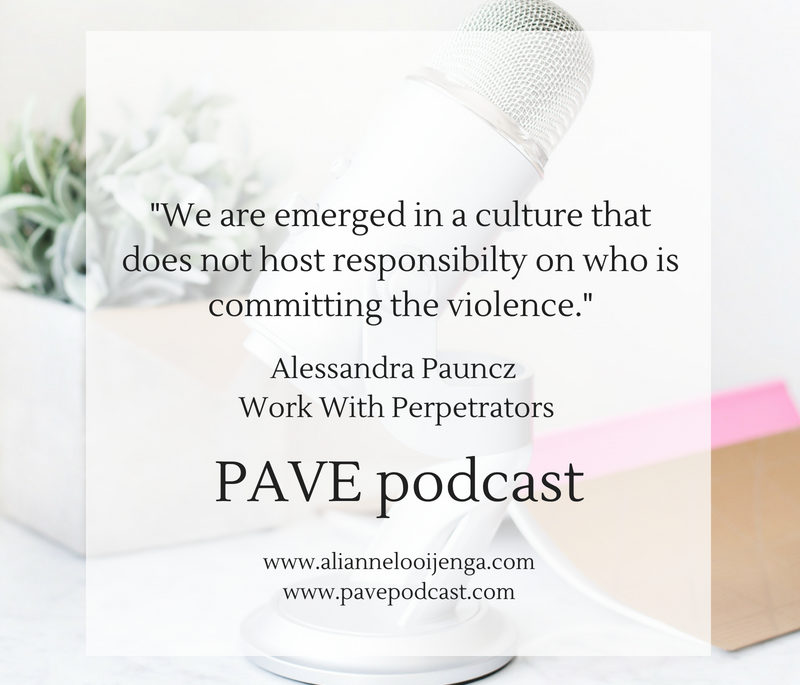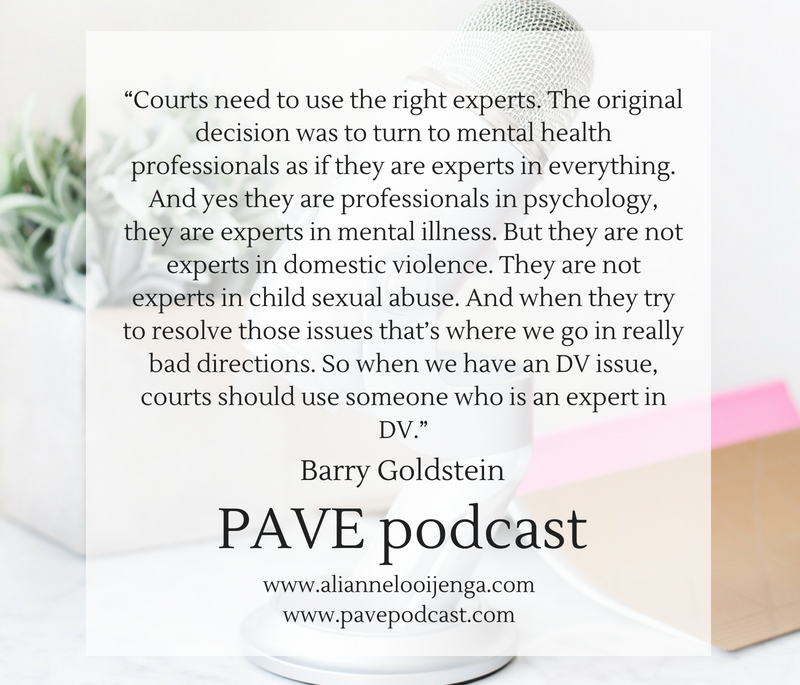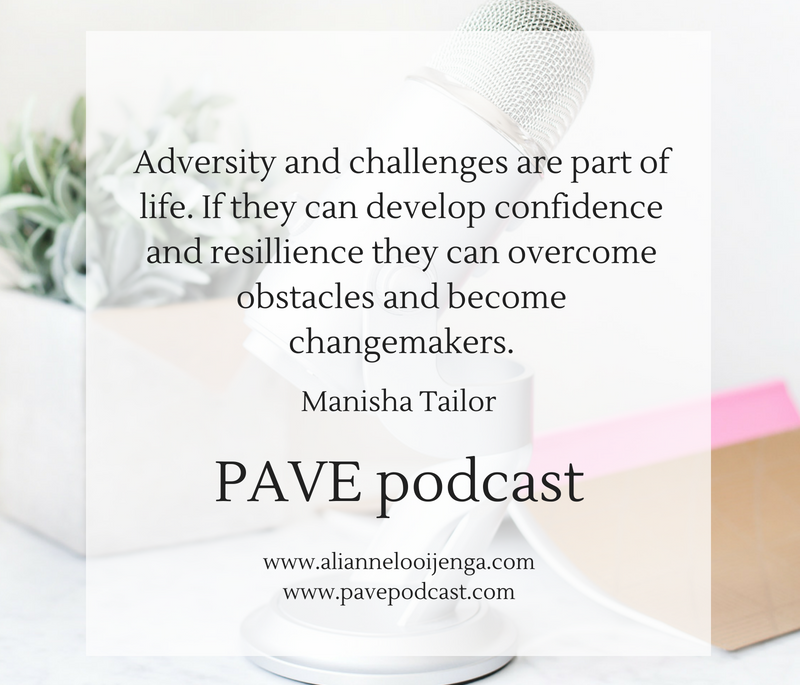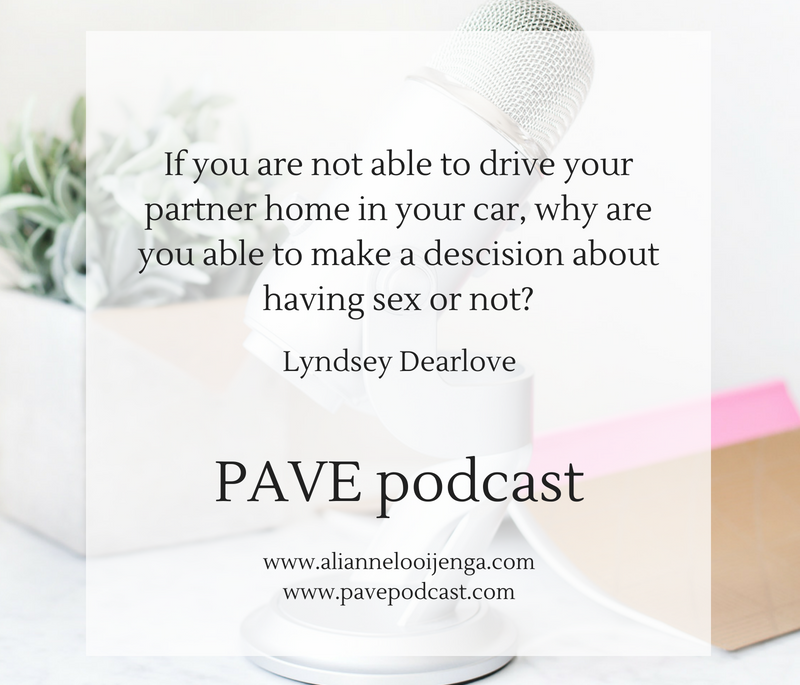(This blog was originally written by me for LifeSurfer in 2015/2016)
My story
In every interview done on this planet (for example, in every interview I have done so far) are some mistakes (or some facts are removed), or there is some shuffling with the timeline to make the story flow better.
Usually that’s not a problem, but in a situation where our family is still (or can still be) under a magnifying glass, I have to represent my side correctly ever since I started doing interviews, to prevent misunderstandings.In order to tell my whole story once and shine a proper light on what actually happened in our life, I have written this blog.
First of all, I would like to clarify something. In this article I am very critical towards the Dutch youth care, the Council, family law and the legal system. Because I have talked to many youth care workers and aspiring youth care workers for LifeSurfer, I know that there are loads of good staff members who work in a ‘rotten’ system. But the unmotivated, uninterested, uninformed staff and the devastating impact they have on the lives of the families who have to deal with them, with all its consequences, while the staff member in question continues to another ‘case’, are put in the spotlight in this article, because they are the staff members that I unfortunately had to deal with the most.

Entering an abusive relationship
I was 14, he was 21, when my ex and I started a relationship. In the very beginning of our relationship he was very nice to me on the one hand, giving me compliments and telling me he couldn’t live without me. On the other hand, he took my virginity by raping me and manipulated me from the beginning. For a while he kept up appearances with nice behaviour and presents, but underneath was the violent behaviour that I considered as incidents at the time. From the beginning I became more and more isolated because he was jealous and suspicious. However, I also considered this as some kind of compliment. I didn’t realise that my world was becoming very small.
My pregnancy didn’t just feel like a miracle; it was a medical miracle. Since my thyroid functioned very badly, my internist told me I couldn’t get pregnant. When I was 33 weeks pregnant, my ex abused me during a tantrum, squeezed my throat, shouted, pulled me by the hair, pushed my face straight against the wall and ultimately threw me flat out on the ground, which caused the children to be born way too early.
Fleeing and fearing for our life
I could only leave my ex once the children were one year old. Agencies didn’t help me, or I didn’t get referrals. Without an alimony I didn’t get a house and without a house I didn’t get an alimony, so that was a big puzzle at first, because I lived alone in his house with the children, without an income or financial support. I can still see myself with two prematurely born children, sitting at the dole office and the housing office. When I got a house, I fled with the children. People came to help us move and we put my children’s and my stuff in the cars in one go and left.
One day he was suddenly standing in the middle of the living room, when he had “accidentally” taken my keys, which I discovered when he was suddenly standing in front of me. Afterwards, he would sometimes come in. I once found him under the shower. While I was looking at him with astonishment, he was masturbating. Despite all this, I still gave him the kids a few times when he wanted it, because I still wanted to try to stimulate a parent-child relationship.
Consequently, he would arrive at my mother’s house within half an hour because he said he didn’t know what to do with the kids. When my ex noticed that he couldn’t force me or push me to have sex with him anymore, it happened less and less that he would arrive unannounced at my house to demand sex or the children from me.
At the point when he had once again put the children, who were then almost three years old, under an ice-cold shower as a punishment, I told him I wouldn’t give them to him anymore. He would not understand that a shower with ice-cold water is pure abuse and that, apart from the pain the cold shower causes, such young children don’t understand why they are being punished that way. For years, they were terrified of the shower as a consequence.
After I told him he wouldn’t get the children anymore, he threatened that he would “take the children away from me” (literally his words) through Youth Care and started a lawsuit to request shared parental authority and visitation rights. After all, he wanted to get “his money’s worth” because in the meantime he had to pay child alimentation to Social Affairs. I had previously explained the situation to Social Affairs and begged them to never contact him or my old address. Here I found out that professionals often care more about rules and protocol, and don’t really understand how serious a situation is and what the result of their actions can be.
Visitation rights are easily granted. A woman from the Council visited my ex twice for an hour to see if he could control himself. Even though I had asked her not to leave me and the children alone with him, she did when I came to get the kids and walked to the car. Outside the car, my ex severely threatened me, but she consequently wrote in the final report that dad had had a friendly chat with me next to the car. She couldn’t hear what he said, because she didn’t accompany us to the car and stayed inside. Based on her behaviour during the Council’s “investigation” and her later report, she thought my fear was pure nonsense.
For such staff the easiest reasoning is the most pleasant one, so a situation in which there is domestic violence and child abuse is quickly discarded as a divorce battle in which two parties are equally guilty of every conflict or difference in insight that occurs. They don’t try to find out the truth and have no interest in it, because that makes the determination of visitation rights much more complex. A researcher chooses the explanation that suits her best and that she can emotionally and psychologically cope with, so she sees what she wants to see, hears what she wants to hear, and is literally and figuratively deaf and blind for what happens in front of her eyes in terms of intimidation and manipulative behaviour of an abuser.
I think the helplessness is the worst. You know your children are in danger.
You know they are not safe with your ex because of his tantrums and what he considers normal in terms of his way of “upbringing and punishing”, but those who are supposed to protect your children do the very opposite.
Judges and CPS
You expect that people of the Council and Youth Care have insight in recognising child abuse, but the moment you find out that they are working towards a conclusion, when they look at you with glassy eyes when you know more about different types of violence and different types of abusers than they do, that a reply is considered unwillingness in the context of a divorce battle… Oh, it caused so much pain and trauma at the time.
I would love to open their eyes, but experience teaches that many staff members of the Council and Youth Care are blind and deaf, (and literally copy each other’s reports, even when a year or more has passed and the situation has changed), so there you are. With empty hands, you are being accused of everything that isn’t true. The father can tell lies about you, and nobody, not even a judge, questions that.
Nobody wonders what father means with certain statements, such as that he is in favour of a strict and severe upbringing, what that implies to him, how that looks according to him. Nobody questions the father’s lack of interest in the children, nobody asks anything about that, while you have told them that he considers abuse a normal type of punishment. Thank God I knew that I wasn’t on my own and had people around me who helped me stay hopeful, because otherwise I would have gone insane from the helplessness, fear and loneliness this brings with it.
At one point the visitation rights were determined for 1 x a weekend every two weeks and half of all school holidays. At that point the children were already almost four. He cancelled the first two times, because the first time he wanted to go on a holiday and the second time something else was more important, even though he swore to the judge during the trial that he missed the children terribly. That ‘missing’ is something he still claims now, even though he has rarely shown any commitment in the past 9.5 years, and has never asked me or others for information about how they’re doing.
The blind eye of the judges and CPS
But in front of the judge or the agencies he pretended to be the victim, the nice, well-meaning father whose vengeful ex wouldn’t let him see his children whom he loves so much. His behaviour shows the contrary of what he claimed, but no judge wants to open their eyes or see it. It’s easier and more comfortable to go along with his story about being the victim. In that respect, judges don’t differ from staff members of the Youth Care and the Council.
Unfortunately, my experience and that of many other people is that (family) judges don’t make their own judgement in any case, but blindly follow the “professionals’” advice. That comes down to laziness and idleness of the legal system, which is shocking and almost unbelievable if it hasn’t happened to you that a judge says, even before the court session has started, that they will follow the Council’s advice either way.
If a criminalcourt tells you before a trial has even started that a verdict has been made he or she will be fired and rightly so. But in familycourt within the Netherlands this is allowed and even normal behaviour.
After their first curiosity, the children quickly became increasingly upset when they had to go to him. I have loads of voice tapes in which you hear me trying to convince the children to look at the visit positively. Apart from that, I had received 15.000 euros in penalties in the meantime, when I didn’t want to give him the children for the whole weekend. I didn’t, because after the first two times that they had been with him on Saturday and Sunday, they wouldn’t calm down anymore.
Three to four days before a visitation day, the children were upset, and three to four days after. When they had been with him for two consecutive days, that became two weeks. That made me refuse to let them stay with him for a whole weekend and made me change the visitation back to one Sunday every two weeks, so there was one week of relative peace in between.
The result was, thanks to the legal system, the refusal of all agencies (and even the judge) to believe me and recognise that the children couldn’t mentally and psychologically handle more than one day every two weeks (and even that with a lot of trouble and behavioural problems), that he can demand 15,000 euros at any point. This has been hanging over our heads like the sword of Damocles for five years now. Considering his vengefulness and power play, it will remain there until he can cash in.
When he abused my children
During the visitations, my ex cut the children’s nails until they bled. He cut in the pink part, which they call ‘the life’ in the Netherlands. This is strange behaviour, which he also applied to me during our relationship. Even then he had some kind of tic with how long nails are allowed to be, which in his opinion, is very very short.
He used to sit on top of me so I couldn’t get away and, despite my begging, he then used to cut my toenails deep into the life, which caused me to walk around with painful feet for days. In other words, I have an idea of how my children felt and what kind of fear this inflicted on them.
Before going to him, they begged me to cut their nails, and according to them, it was never short enough.
When the children even stood puking in the corridor, because they had been forced to eat all kinds of food they aren’t allowed because of their early birth and reflux, because those irritate the stomach; when the children told me he mentally abused them by, for example, telling them they smelt bad so that out of fear for smelling they rubbed their whole bodies with deodorant; when they told me that Sem was punished very often and always had to sit on the stairs; that he was told not to cry when he was crying because he didn’t know what he had done wrong (he had replied honestly to the question if he thought his dad was nice – the answer was no, so he was punished), because crying isn’t “cool” (he was a four-year-old who didn’t even know the word “cool”); that he had gone for a ride with Tycho in the front seat, even though they had to be in a child car seat for their safety; and that Sem would maybe be allowed to go next time because Tycho had been so cool; etc.; etc.; this made our family go through hell, and nobody wanted to listen to us, nobody wanted to believe me and the children, or take us seriously.
But the final straw was when both children told me how their father had beaten Sem on his whole body, and Sem showed me how he had beaten him on both ears simultaneously, which caused him to be permanently hearing impaired in one ear. It was abuse my ex had also applied to me. It is probably superfluous to say that such abuse is extremely painful and makes your ears whiz for hours. It was and is indeed a method which, as he had mentioned in the police interview, doesn’t leave bruises (“if I had beaten the child like she says, he would have had bruises,” he claimed). He is smart enough to abuse without leaving bruises and broken bones.
Dogmatics
Of course I am angry at my ex for what he has done to the kids. However, I am even angrier at the agencies and all the so-called professionals who have been poorly trained and are so stuck in the dogmatics of youth care and the Council that they have become blind and deaf to a difficult and complex reality. You ring the alarm bell, with a cry for help, but nobody listens, helps or even recognises your worries. That may be the largest trauma. Every child deserves to be safe. Nobody believed me; whatever I tried to draw attention to in the interest of my children was dismissed as insignificant and unimportant.
After all, in the eyes of some of the staff of youth care and the Council, I was and still am the evil mother who only blames her ex so she could take revenge by taking his children away from him. Due to the limitations and the inability of these “professionals” to see the truth and not reason, based on the assumptions that suit them best, their blindness and the tunnel vision they suffer from, that won’t change. That hurt so much and made me feel so helpless.
You can’t defend yourself against what people think of you and what they determine are your intentions and your motivation. Again and again (to this very day), I have had to fight against enormous prejudice. It is a fight against windmills: completely useless, but you can’t escape it.
As long as children and mothers are the victim of this and have to go through the same things, I will continue to help women stand in their power. I won’t let them be belittled and insulted by a completely unjust and indifferent system that doesn’t respect their rights.
Feelings of guilt
For a long time, I have walked around with anger towards myself caused by feelings of guilt. It took time before I could forgive myself and understand that I had done the best with the knowledge I had at the time. I blamed myself for having let my children be acknowledged by him before their birth (it is a juridical procedure where he claims to be their father), even though he didn’t want it at all; for dreaming of a miraculous change in him once the children would arrive; for holding on to that dream for a while, even though the reality was the exact opposite; and for the fact that my fear, first of him, and then of the legal system and the power of the Council and Youth Care, had been stronger than my urge to keep my children safe so that he traumatised them with his abuse during visitation throughout a whole year.
The abusive cycle starts once again
After the kids had visitation, from shortly before their fourth life year until shortly before their fifth life year, they recovered well right after I had put an end to it. We had a period of 2.5 years of peace. My ex didn’t bother us and didn’t ask about the children. In the meantime he had a new partner and had a child with her, after which he moved to the other side of the country with them.
Unfortunately, he saw the opportunity to start playing his power games again, when I needed his permission as a parent with parental authority to stay abroad with the children for half a year for my studies. Even though he had no idea how they were, because he hadn’t seen them or asked about them for 2.5 years, he considered it irresponsible to take them abroad for half a year and didn’t give his permission.
On the contrary, he demanded that they would come live with them, because all that time I hadn’t respected the visitation rights, and that he alone would get the authority, as well as an increase of the penalties to 50,000 euros. Of course, the Council and Youth Care mostly went along with this, so I didn’t have the opportunity to finish my studies leaving me in student debt. Moreover, my children had to start going to a visitation centre to start seeing their biological father again, a stranger to them, whom in their eyes they had first got to know when they were almost four, and with whom they had no connection whatsoever and also hadn’t built one during visitation, but because of his behaviour, had developed an aversion to.
Applying heavy psychological pressure
Both children were obstinate in their refusal of renewed contact with the man they refused to call father. The fact that Youth Care can ruin more than you want became clear once more. They put extremely heavy psychological pressure on the children to get in touch with my ex-partner, which they refused more obstinately every time.
Even when three adults applied pressure, by asking them in turn whether “daddy” could play with them, they kept saying they didn’t want Alex (they called him by his first name, or A., and refused to call him daddy) to play with them.
The fact that the three adults started to tell the children they weren’t being nice, that they weren’t good kids, that they weren’t being fun, and making arrangements with the children only to break them from the moment I wasn’t around, etc., didn’t change their mind. I am proud of the fact that apparently I have been able to teach my children that you don’t have to do something against your will when you have good reasons and you really don’t want it. The only person who has the right to demand this from them is me, the parent they have known for their whole life and with whom they form a good and safe family.
They have acquired traumas from the pushiness and coercion of Youth Care and from having to see their father again. They are going to therapy for the aftermath, but at school they immediately made huge progress after the process in the visitation centre had stopped.
Visitation centre
In the visitation centre my ex-partner and I had to sign a contract. My ex-partner couldn’t commit to his part of the contract, because he indicated a new job would get priority over visitation with the children. He took a job that meant he couldn’t follow the contract anymore, and yet the final report states it is my fault the process failed. Even the fact that the children and I got in a bicycle accident while we were on our way to the visitation centre – the result of which was a hospital visit – was interpreted by them as obstructing the process. In the visitation centre our situation was dealt with as a ‘divorce battle’, but you can’t a treat a situation in which serious partner violence took place that way. Neither my ex nor I recognised ourselves in the treatment method as it was executed. That was one thing we had in common.
For the last year we have received a family guardian due to everything that happened before. This person seems to put the children’s interests first. You can tell from the way the children express themselves that it can take a long time before they will be ready for contact (let alone regular visitation) with their biological father. In the meantime the last contact moment was in May 2014. A lot of peace has returned since then, but they now distrust adults because the staff members of Youth Care lied to them during the process of the visitation centre. They don’t feel as safe as before, because their father can suddenly re-appear in their lives, while they are terrified of him and absolutely don’t want to see him.
The helplessness, as well as the dogmas, prejudice and assumptions used by the Council and Youth Care, the gigantic lack of knowledge and insight among these agencies in terms of abusers, both partners and parents, means you spend an enormous amount of time and energy in explaining, declaring, defending yourself, again and again, in front of people who couldn’t care less that their assumptions about you, your children and your situation are completely wrong and based on thin air. Unfortunately, it is not surprising that a child dies at least once a week due to violence – and that the perpetrator and bystanders get away with it.
Infringing the rules
I have chosen to infringe the law and the legal system that fails on every level in this respect (which is unimaginable for the civilised country the Netherlands think they are) because I refused, and will continue to refuse, to see my children reduced to an article in the newspaper as victims of a “family drama” (which I call murder). Not my children, not me! Because if that had happened, Youth Care, the Council and the legal system that causes this type of dramas, would have blamed each other (like they always do) and everyone would have pretended to be innocent, which is unfortunately how it always goes with every incident that is published in the newspapers.
Maybe it looks I found it very easy to infringe the rules, but believe me, it is everything but easy.
The consequences of opening up your mouth are severe and there was even a time when I was counting to have to finish my studies in prison (at the time my ex wanted 50,000 euro penalty payments and he wanted me be held hostage if I did not stick to the visitation rights). But I can not put my children at risk through ignorance of insufficient specialized staff, who are firmly convinced in their hearts that they are doing good, but simply lack the knowledge to make right decisions.
Of course there are good youthcare workers. I have met and spoken to them for LifeSurfer. But if you meet an unmotivated and for your case unskilled youthcare worker, things can go wrong, irreversible and very seriously wrong.
Infringing the rules because of the consequences isn’t easy. But it is a necessity. It is my duty. As a mom.
